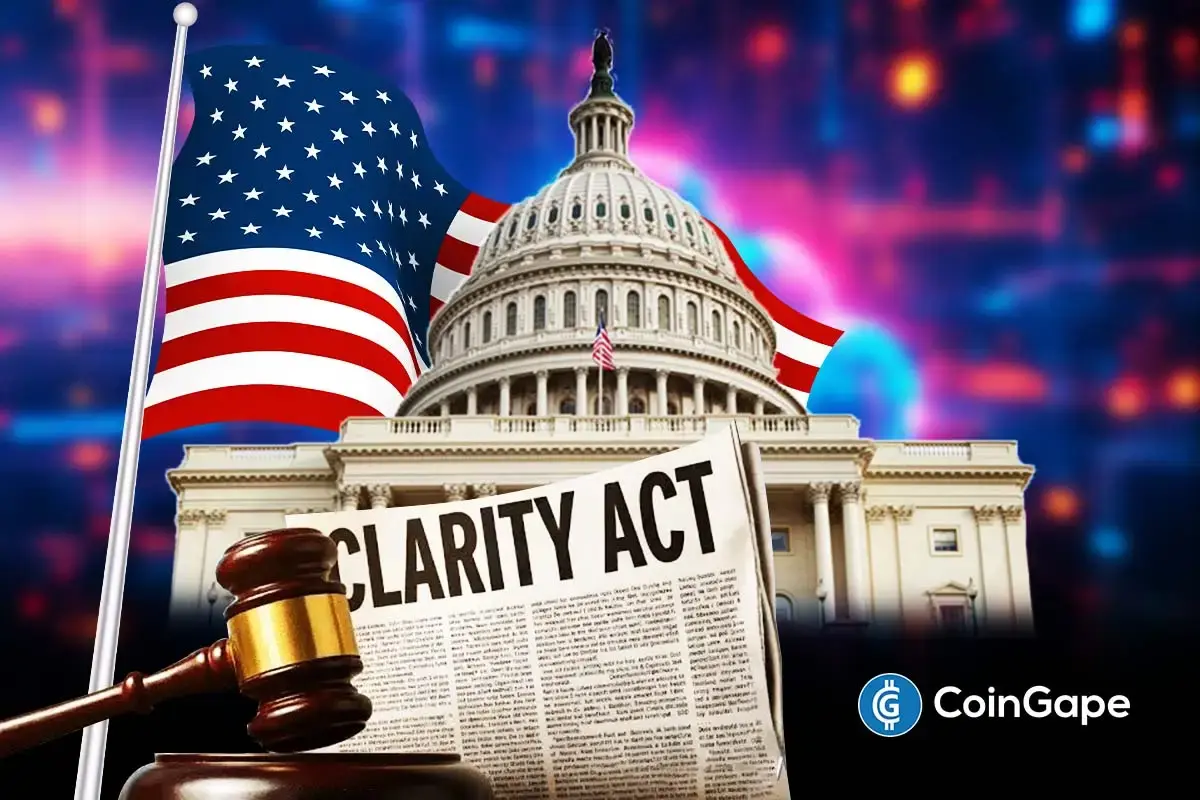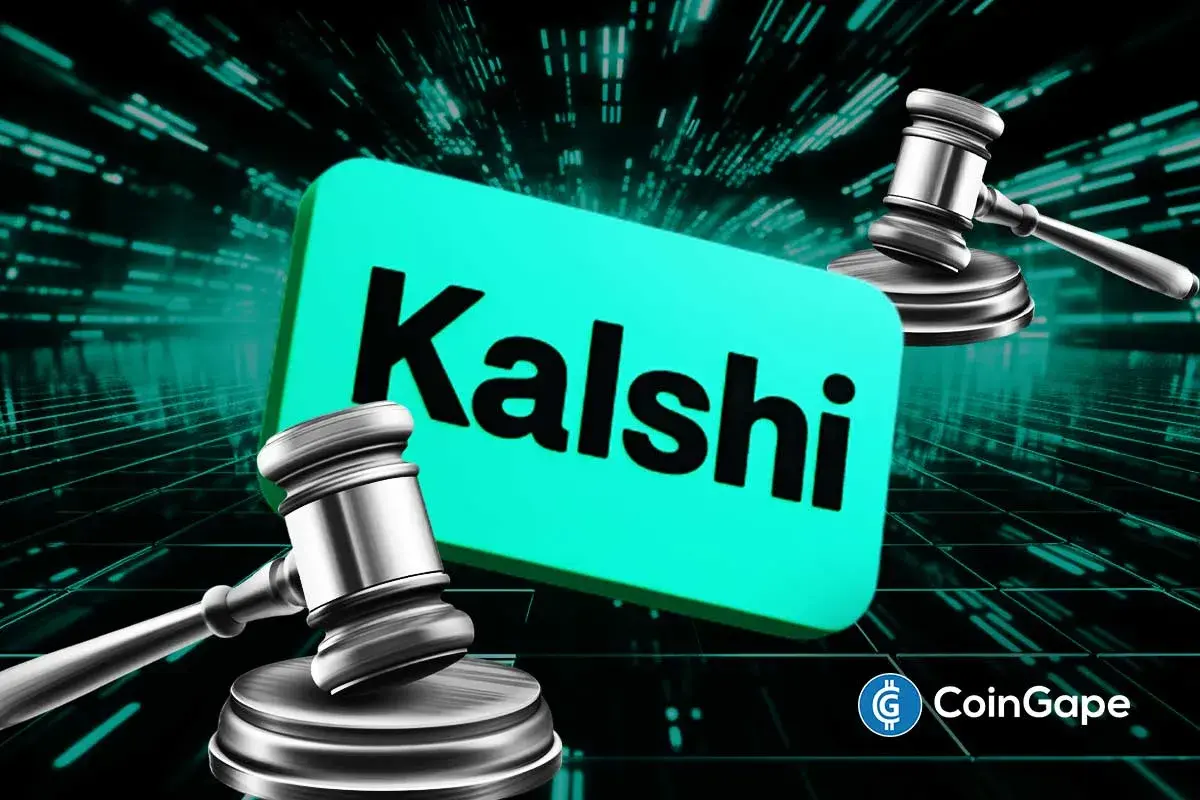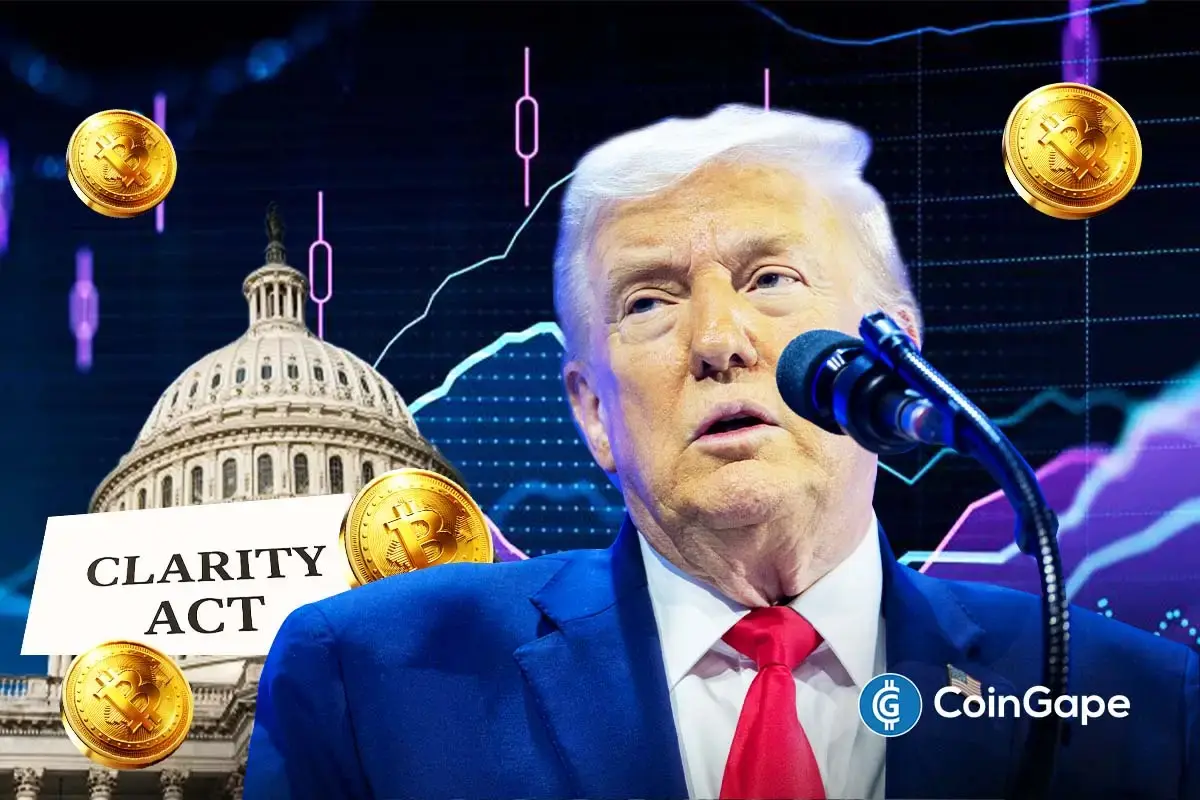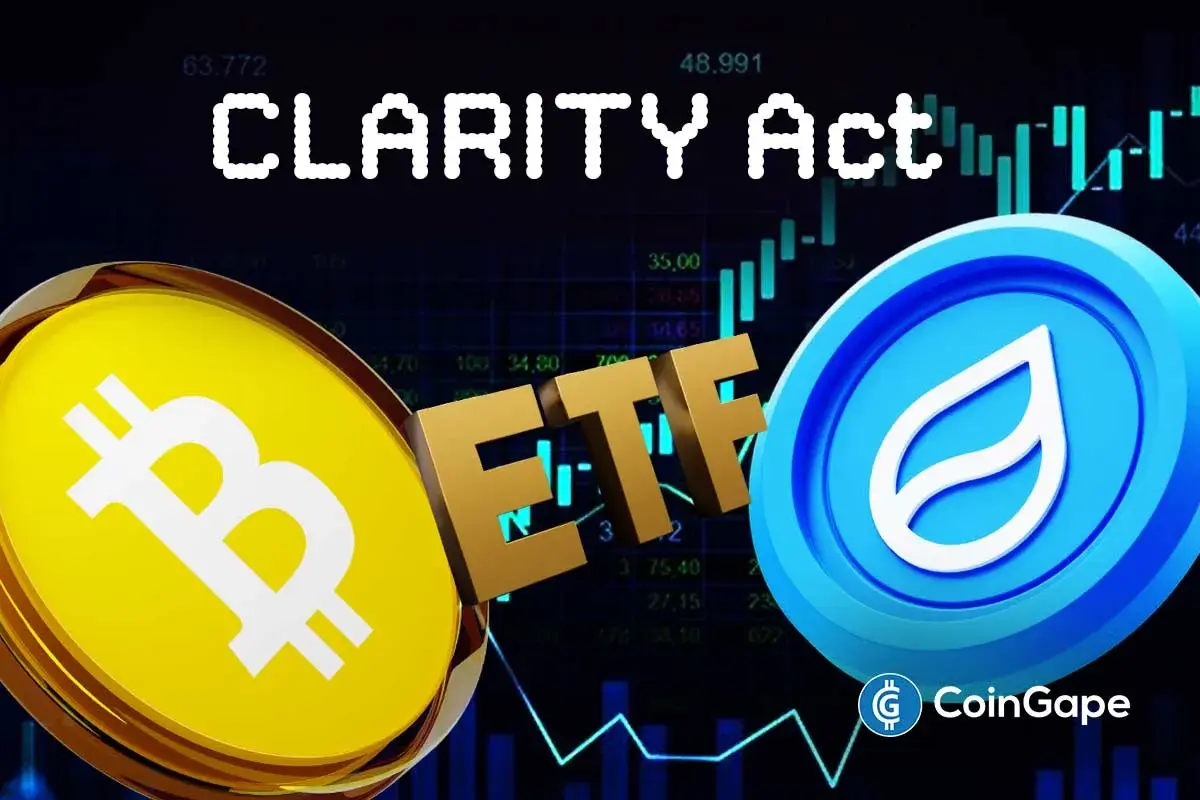SAB 121 Bill Vetoed by President, Congress Needs 2/3 Majority to Overturn

Highlights
- President Joe Biden vetoed the SAB 121 bill, challenging Congress to muster a two-thirds majority for an override.
- The bill, aimed at regulating securities and banking, particularly for crypto-assets, requires increased House and Senate support to surpass the presidential veto.
- The initial passage of SAB 121 saw bipartisan support, with some Democrats joining Republicans.
President Joe Biden has vetoed the Staff Accounting Bulletin 121 (SAB 121) bill, sending it back to the House of Representatives. The bill sought to regulate securities and banking practices but now faces a significant challenge as overriding the veto requires a two-thirds majority in both chambers.
SAB 121 Faces Uphill Battle Post-Veto
After passing the House and Senate, the SAB 121 bill was met with President Biden’s veto, an action consistent with his administration’s policy stance. The bill garnered initial votes of 228-182 in the House and 60-38 in the Senate and would need significantly more support to overcome the veto. Specifically, 286 votes are needed in the House and 67 in the Senate. This marks a steep climb, requiring an additional 58 and seven votes, respectively.
The veto reflects Biden’s commitment to maintaining a comprehensive financial regulatory framework, particularly concerning crypto-assets. The administration argues that limiting the SEC’s oversight capabilities could lead to substantial market instability. This stance is backed by statements from the White House, emphasizing the potential risks associated with easing regulations on digital assets.
The journey of the SAB 121 bill has been marked by bipartisan interactions. Initially, 21 Democrats joined Republicans in the House to support the bill, illustrating a rare cross-party agreement in today’s political climate. Similarly, several Democrats, including Senate Majority Leader Chuck Schumer, aligned with Republicans in the Senate vote.
However, achieving a two-thirds majority presents a complex challenge, given the current partisan divides and the specific objections from the Democratic leadership. The bill’s proponents will need to persuade more Democrats to change their stance, an effort that may intensify debates within Congress.
SEC Defends Guidance Role in SAB 121
The veto of SAB 121 has significant implications for the banking and cryptocurrency sectors. The bill aimed to alter how digital assets are managed on financial statements by requiring firms that custody crypto to treat customer holdings as liabilities. Critics argue this could hinder banks’ ability to safeguard these assets effectively.
Conversely, the SEC maintains that SAB 121 is “non-binding staff guidance” that enhances investor disclosures. This perspective is crucial as it underscores the SEC’s intent to fortify market transparency without imposing stringent regulatory burdens.
Reactions to the veto have been mixed. Stakeholders in the cryptocurrency industry view it as a potential barrier to innovation and adaptation. Conversely, financial regulators and some market analysts see it necessary to prevent undue risk in an increasingly digital economy.
Also Read: Cardano Bull Names Top 3 Altcoins To Outperform This Cycle
Play 10,000+ Casino Games at BC Game with Ease
- Instant Deposits And Withdrawals
- Crypto Casino And Sports Betting
- Exclusive Bonuses And Rewards

- XRP Prepares for Phase 4 Lift-Off, $21.5 Level in Focus
- Vitalik Buterin Exceeds Planned Ethereum Sales as Total Liquidations Hit $35M
- Circle Stock Jumps 35% to $83 on Stablecoin Boom, USDC Supply Soars 72%
- Democrats Convene US Senate Crypto Bill Meeting as a16z Briefs Republicans on CLARITY Act & AI
- After 820% Gains: Privacy Coins Evolve into Payment Rails
- XRP Price Outlook As Jane Street Lawsuit Sparks Shift in Morning Sell-Off Trend
- Dogecoin, Cardano, and Chainlink Price Prediction As Crypto Market Rebounds
- Will Solana Price Rally to $100 If Bitcoin Reclaims $72K?
- XRP Price Eye $2 Rebound as On-Chain Data Signals Massive Whale Accumulation
- Ethereum Price Reclaims $2K- New Rally Ahead or a Temporary Bounce?
- COIN Stock Price Prediction as Wall Street Pros Forecast a 62% Surge

 Buy Presale
Buy Presale

















